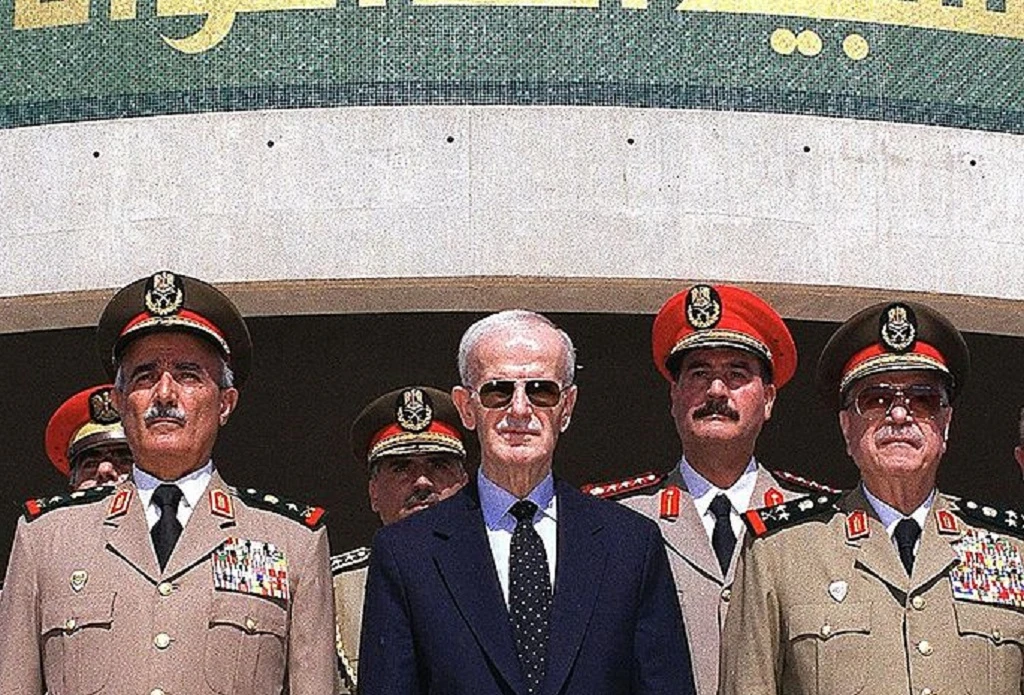Syria’s turning point: National Intelligence Academy weighs in on post-Assad era
 Member of Syrian opposition forces steps on a torn up portrait of Bashar al-Assad in Hama, a day after opposition forces captured central-west city, on December 6, 2024. (AFP Photo)
Member of Syrian opposition forces steps on a torn up portrait of Bashar al-Assad in Hama, a day after opposition forces captured central-west city, on December 6, 2024. (AFP Photo)
President of National Intelligence Academy Professor Dr. Talha Kose has analyzed the aftermath of the fall of Syria’s Baath regime and Türkiye’s role in shaping the new phase for the Anadolu Agency.
According to Kose’s analysis, Dec. 8, 2024, marked a historic milestone for Syria with the collapse of the Baath regime after 61 years of authoritarian rule.
The regime’s downfall followed a swift 12-day military campaign by opposition forces targeting western Aleppo, culminating in their capture of Damascus and other key cities.
Kose noted that this rapid change was underpinned by a decade of meticulous strategic planning, operational coordination, and a keen understanding of the regime’s vulnerabilities.
Why it matters
Kose emphasized that the collapse of the Assad regime provides a pivotal opportunity for Syria to transition towards a participatory political system while addressing its deep societal divisions.
For Türkiye, the new reality presents a chance to realize its long-standing priorities: maintaining Syria’s territorial integrity, eliminating terrorist threats near its borders, and facilitating the safe and voluntary return of Syrian refugees.
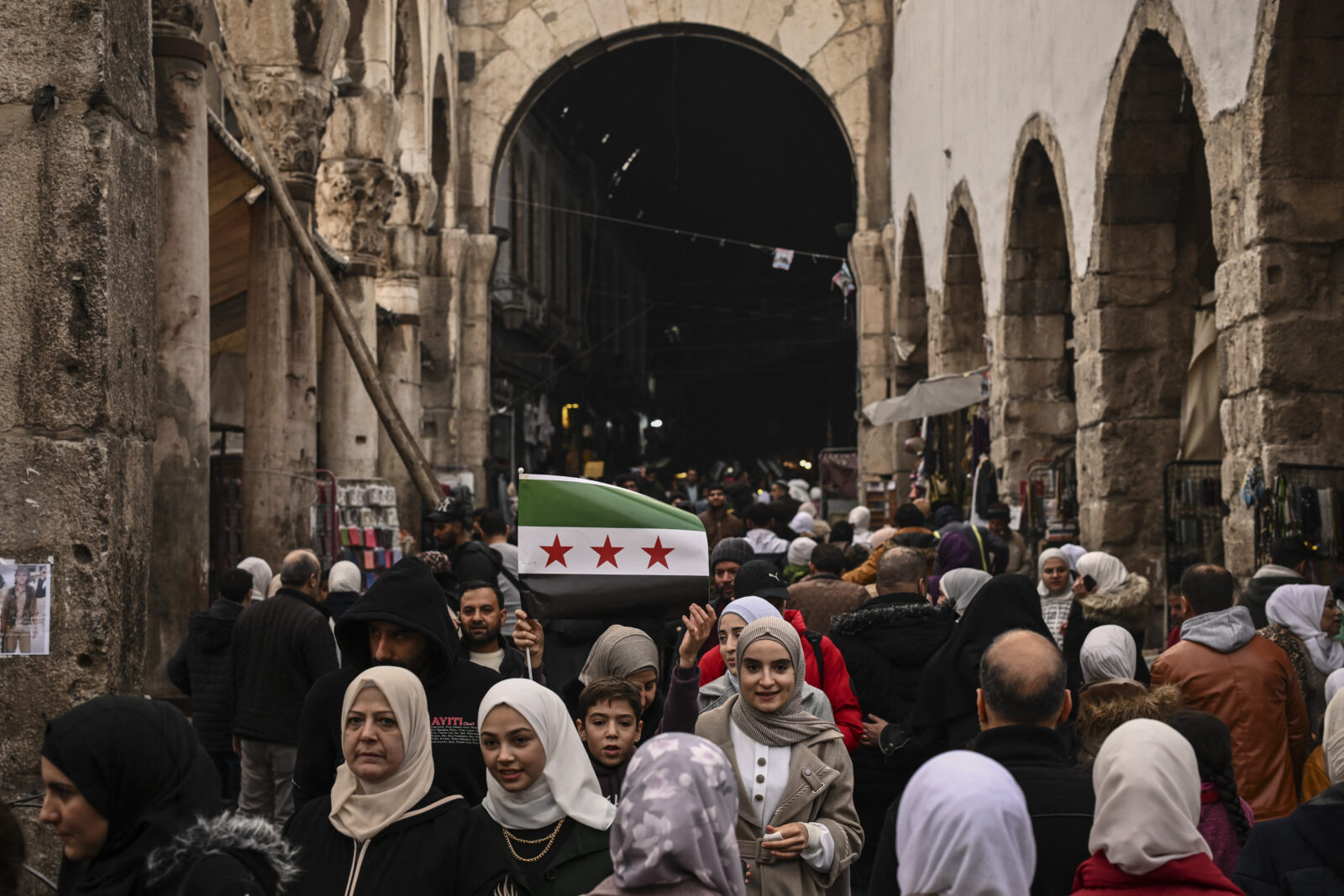
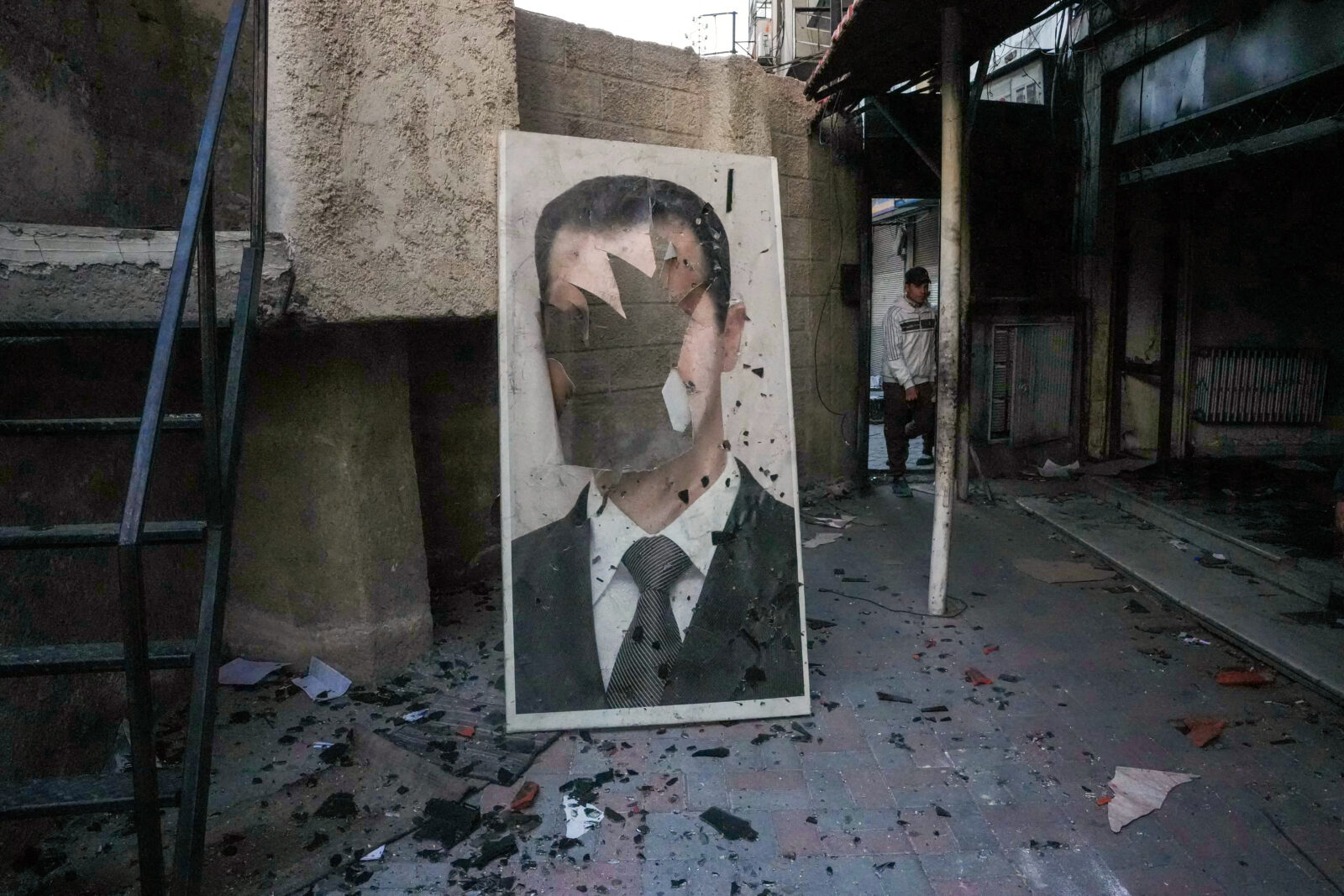
Key details
- In Kose’s assessment, the opposition’s swift victory is a testament to their organizational and operational capabilities, honed over years of preparation.
- Kose also highlighted Türkiye’s unwavering support for the Syrian opposition throughout the conflict, portraying Ankara as a decisive actor in shaping the post-Assad landscape. He observes that international analysts increasingly recognize Türkiye’s role as pivotal to the revolution’s success.
- However, Kose warned that the path forward will not be easy. The immediate challenge lies in creating a stable, inclusive political system capable of addressing Syria’s fractured social fabric and rebuilding trust among its people.
- Kose underscored that Türkiye’s principled stance—despite international isolation and pressure—has kept the Syrian revolution alive. By providing humanitarian aid and political support, Ankara ensured the opposition remained a viable force against the regime.
Broader context
Kose’s analysis framed the recent developments within the larger context of Syria’s devastating civil war, which has claimed over 500,000 lives and displaced half of the country’s pre-war population.
He argued that rebuilding Syria will require not only a political transformation but also sustained efforts to address economic challenges, restore infrastructure, and heal the social wounds inflicted by the conflict.
Türkiye’s unwavering support, Kose pointed out, contrasts sharply with the actions of other global powers. Many, he notes, turned to pragmatism by rehabilitating the Assad regime despite its oppressive policies. In stark contrast, Türkiye championed the legitimate demands of the Syrian people and refused to legitimize the regime without meaningful reform.
What’s next
- Kose stressed that the next phase of the Syrian revolution will depend on the institutionalization of its core objectives: establishing a participatory political system, ensuring societal reconciliation, and rebuilding the country’s governance and economy.
- He acknowledged potential hurdles, including divisions within the revolutionary movement and opposition from external actors seeking to destabilize Syria for their own interests.
- Kose predicted an increase in diplomatic efforts, with regional and global powers reassessing their strategies in light of the new realities on the ground.
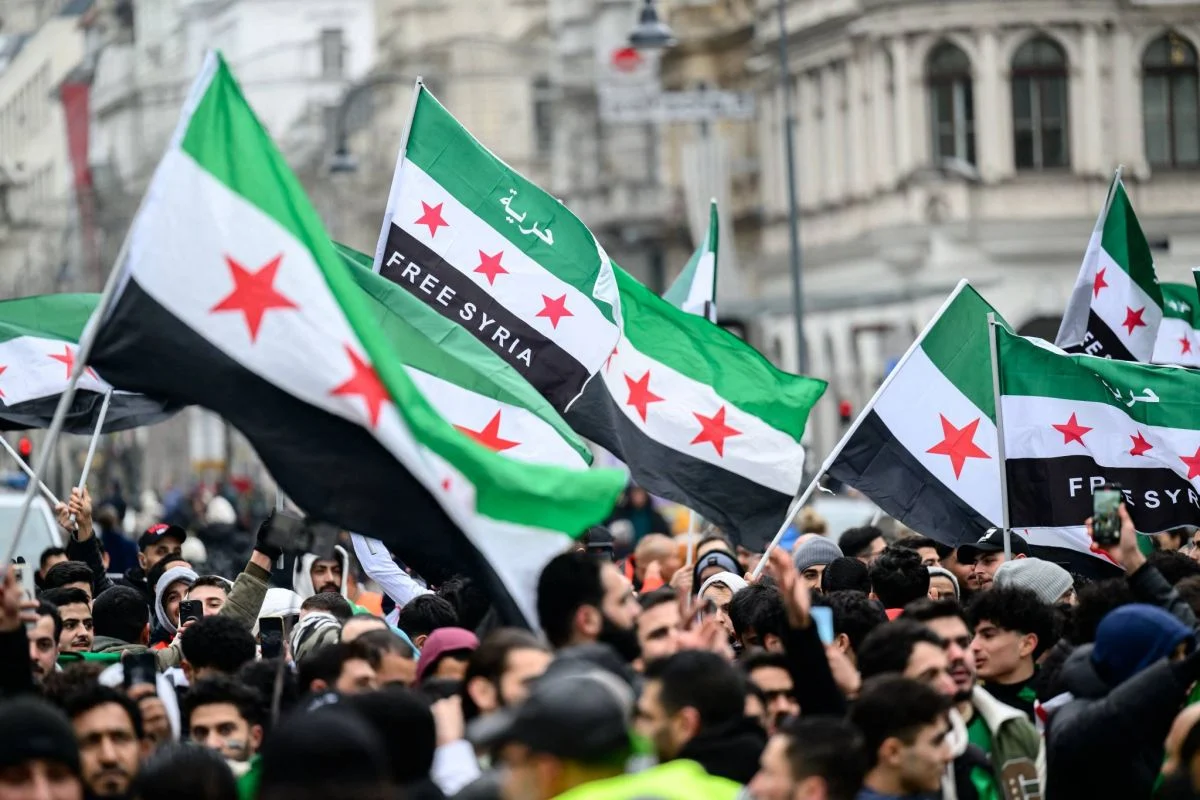
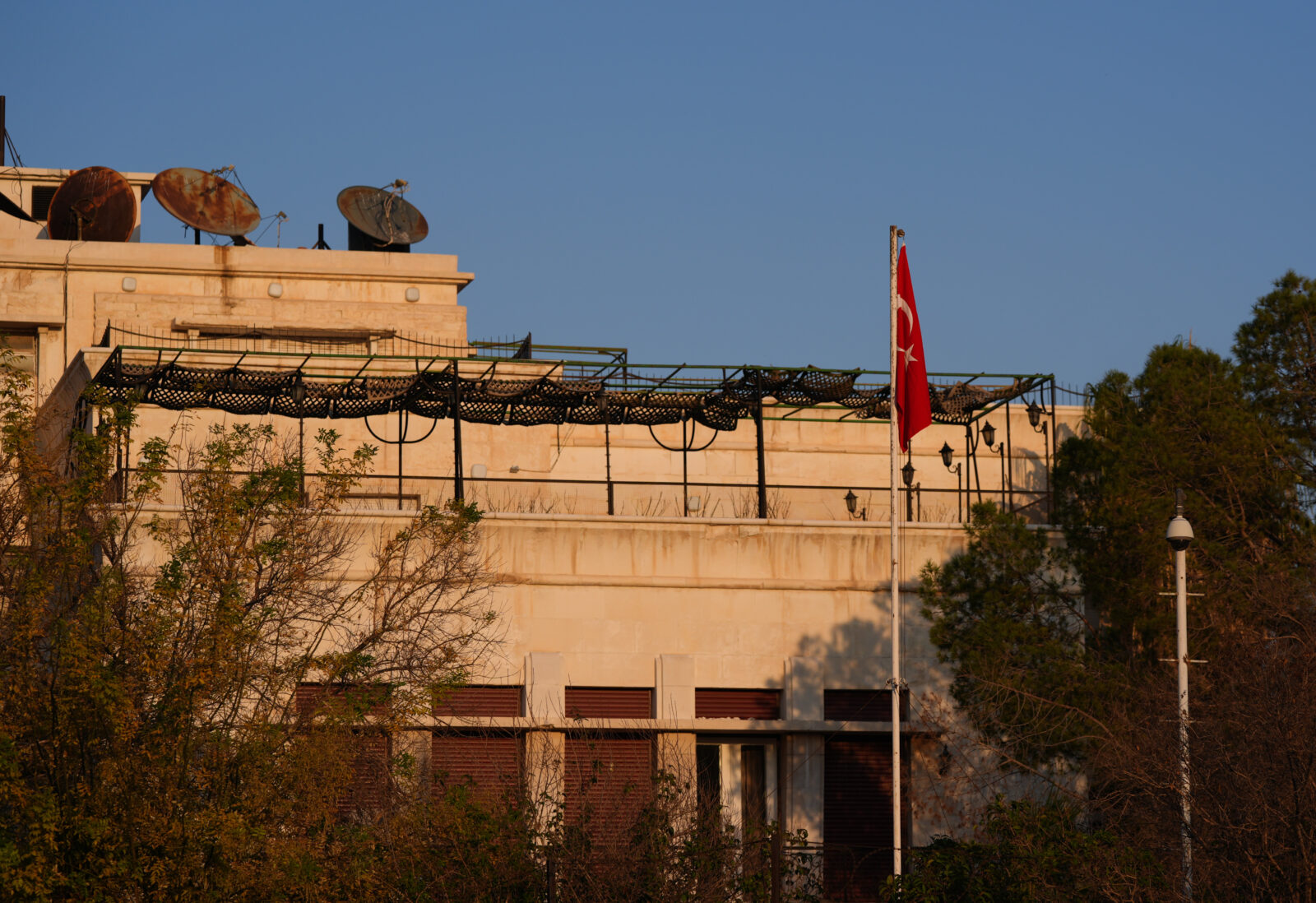
Türkiye’s role moving forward in Syria
According to Kose, Türkiye’s leadership will be critical in facilitating Syria’s transition to stability. He emphasized that Ankara remains committed to supporting the Syrian people, fostering a lasting solution that reflects their aspirations, and ensuring the institutionalization of the revolution’s fundamental goals.
In conclusion, Kose asserted that the future of Syria will hinge on the creation of an inclusive, participatory, and lawful political structure. This, he argued, is the only way to address the root causes of the conflict and secure lasting peace and stability for the region.



